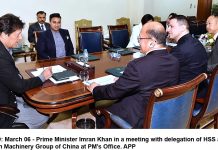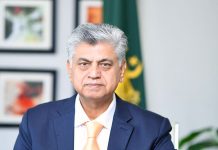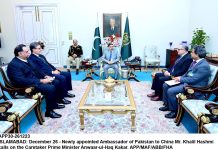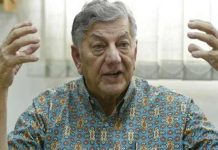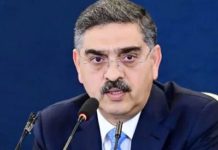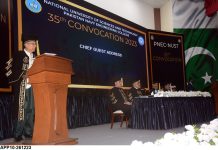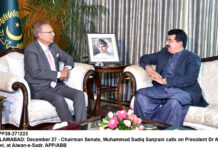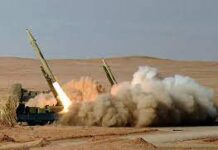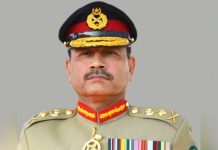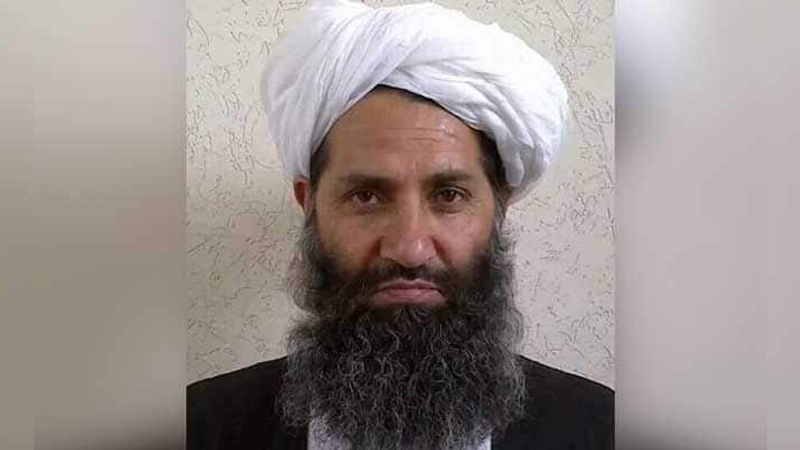
The Taliban leader in his Eid message also announced that their fighting against the foreign forces will continue as “resistance against the occupation is nearing the stage of success”. But at the same time he also said negotiations with the Americans will also continue to end “occupation of Afghanistan”.
The Taliban chief did not hint at declaring ceasefire during Eid. Taliban had declared ceasefire during Eidul Fitr last year.
“No one should expect us to pour cold water on the heated battlefronts of jihad or forget our forty-year sacrifices before reaching our objectives,” Hibatullah said in reference to calls by the US for ceasefire.
“The Islamic Emirate does not seek monopoly over power. We believe that all Afghans shall genuinely see themselves represented in the government,” he said, in an attempt to dispel the impression that Taliban are fighting to take control of the country.
The Taliban chief urged the US to adopt a policy of “reason and understanding, to remain a sincere partner in the negotiations process and accept the logical proposals of the Islamic Emirate for advancement of this process”.
Taliban political spokesman Suhail Shaheen says they have reached consensus on a draft agreement with the US peace envoy Zalmay Khalilzad on the withdrawal of foreign forces. However, both sides have yet to strike a formal deal.
Taliban and the US started negotiations in Qatar in October to end the conflict and have held six rounds so far, but failed to reach any deal. Shaheen says next round is scheduled to be held after Eid.
The Taliban chief also mentioned the intra-Afghan dialogue in Moscow and accused the Kabul administration of “trying to sabotage the dialogue” between the Taliban and Afghan political figures by “seeking prominence”.
“The Islamic Emirate shall pay no heed to such futile efforts and diplomatic obstructions being created for the intra-Afghan dialogue,” he said.
“The military and political steps by the Islamic Emirate are taking place under a unified policy and command such that they reinforce one another in practice.”
Hibatullah said Taliban have managed to gain the consensus of Afghanistan’s immediate neighbours and the wider region to end the conflict in Afghanistan.
He recalled that the first conference in Moscow in November 2018 with 12 participating countries including Afghanistan’s neighbours, diplomatic relations of foreign countries with the political representatives of the Taliban, official meetings with their senior political officials along with conferences and contacts in the intra-Afghan dialogue framework are a clear proof of the Taliban approach to solve the problem.
He accused the Kabul administration of “trying to sabotage dialogue between the Islamic Emirate and Afghan political figures by seeking prominence,” adding Taliban shall pay no heed to such “futile efforts and diplomatic obstructions being created for the intra-Afghan dialogue.”
Taliban have taken part in two intra-Afghan meetings in Moscow in three months and a big gathering of political leaders planned in Qatar in April but was postponed after nominees by the Afghan government led to controversy.

